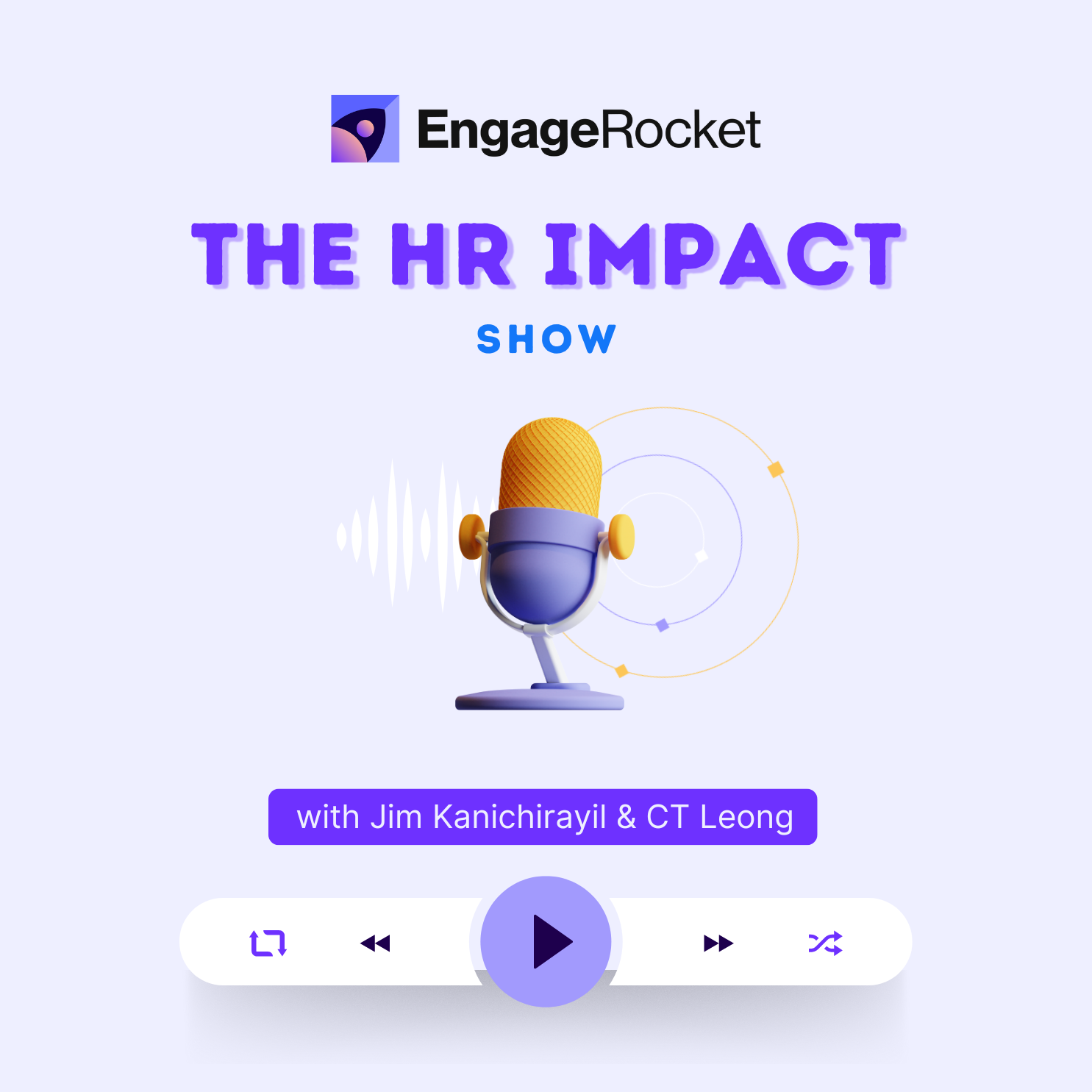- After-Shows
- Alternative
- Animals
- Animation
- Arts
- Astronomy
- Automotive
- Aviation
- Baseball
- Basketball
- Beauty
- Books
- Buddhism
- Business
- Careers
- Chemistry
- Christianity
- Climate
- Comedy
- Commentary
- Courses
- Crafts
- Cricket
- Cryptocurrency
- Culture
- Daily
- Design
- Documentary
- Drama
- Earth
- Education
- Entertainment
- Entrepreneurship
- Family
- Fantasy
- Fashion
- Fiction
- Film
- Fitness
- Food
- Football
- Games
- Garden
- Golf
- Government
- Health
- Hinduism
- History
- Hobbies
- Hockey
- Home
- How-To
- Improv
- Interviews
- Investing
- Islam
- Journals
- Judaism
- Kids
- Language
- Learning
- Leisure
- Life
- Management
- Manga
- Marketing
- Mathematics
- Medicine
- Mental
- Music
- Natural
- Nature
- News
- Non-Profit
- Nutrition
- Parenting
- Performing
- Personal
- Pets
- Philosophy
- Physics
- Places
- Politics
- Relationships
- Religion
- Reviews
- Role-Playing
- Rugby
- Running
- Science
- Self-Improvement
- Sexuality
- Soccer
- Social
- Society
- Spirituality
- Sports
- Stand-Up
- Stories
- Swimming
- TV
- Tabletop
- Technology
- Tennis
- Travel
- True Crime
- Episode-Games
- Visual
- Volleyball
- Weather
- Wilderness
- Wrestling
- Other
Giving timely and honest feedback to help people be their best selves at work
Summary:Abby Hamilton, Chief People Officer at LiveIntent, discusses the importance of giving honest and timely feedback to drive elite performance. She emphasizes that feedback should be seen as a coaching conversation for the future, focusing on areas for growth and improvement. Abby highlights the significance of creating a safe space for conversations and encourages leaders to model vulnerability and authenticity. She also shares the effectiveness of role-playing scenarios and building a community of leaders who can support and learn from each other.Key Takeaways:Feedback should be seen as a coaching conversation for the future, focusing on areas for growth and improvement.Creating a safe space for conversations allows for open and honest dialogue.Leaders should model vulnerability and authenticity to encourage their teams to do the same.Role-playing scenarios can help leaders prepare for feedback conversations and make them more effective.Building a community of leaders who can support and learn from each other enhances the feedback culture within an organization.<br/>Timestamp00:01:00 Importance of having real and timely conversations with people00:04:00 Overcoming ego and accepting feedback for personal growth00:07:00 Empowering leaders to adopt a feedback model through role-playing00:10:00 Introduction and discussion on conveying vs convincing in feedback00:14:00 Example of the "Lead with Intent" manager development program00:19:00 Three key takeaways: flipping the switch, modeling behavior, role play00:21:00 Conclusion and contact informationMentioned in this episode:HR Impact Intro Mission of the show Music: Studio Kolomna - "Risk" - Pixabay HR Impact Show Outro Show outro and CTA Music: Studio Kolomna - "Risk" - Pixabay

